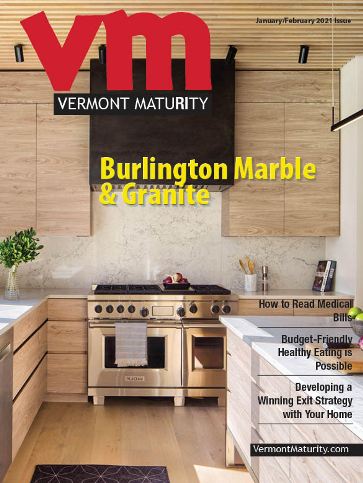
When it comes to retirement, perhaps yes! (Hint: Can you live in your 401k?)
Is a home a good “investment”? I am asked this question often. The short answer is “yes”—a house can be both a “home” and an “investment” at the same time. After all, what other investment vehicle can provide these beneficial characteristics simultaneously:
- It provides shelter for you and your family
- It almost always appreciates in value
- It can be sold, up to $500,000 tax-free, per married couple
- It can be borrowed against, without restrictions
- It remains in your control
- It has little to no “investment” risk
The investment characteristics of home ownership are virtually the same as most retirement accounts, but with few of the downsides. For most of us, our home is our largest and best investment. It can also be the strongest part of our retirement plan.
When we put money away for retirement, it’s usually in the form of an IRA, 401k, Roth or 403b. In these types of accounts money is generally invested in mutual funds. We hope this money will grow large enough for us to retire on. Few of us know, however, exactly where that money is invested; and most of us know these accounts go up and down in value. Even in the worst-case scenario, if a home does not appreciate in “investment” value, you still have a place to live. Remember, you can’t live in a stock, bond or mutual fund—they cannot provide shelter from the elements or protect you from an economic downturn.
There are many ways to take advantage of the value of home ownership. The value of your home can be used in creative ways to guarantee a solid retirement plan that requires little or no risk and alleviates the fear of outliving your money.
So, before you are herded into the belief that the first thing you should do is “max out your 401k,” consider the many financial and tax advantages of home ownership. It could be the best investment decision you’ll ever make.
As always, get the facts and do the math!
Contact Kirk Shamberger to learn more about strategies for financial independence and to suggest topics for future articles at kirk@ckfinancialresources.com or 802-238-8187. Please reference this article.
Related Articles & Free Vermont Maturity Subscription

Factoring Home Equity Into Your Retirement Plans
Investment Fraud is a Special Concern Among Seniors and Baby Boomers



Comment here